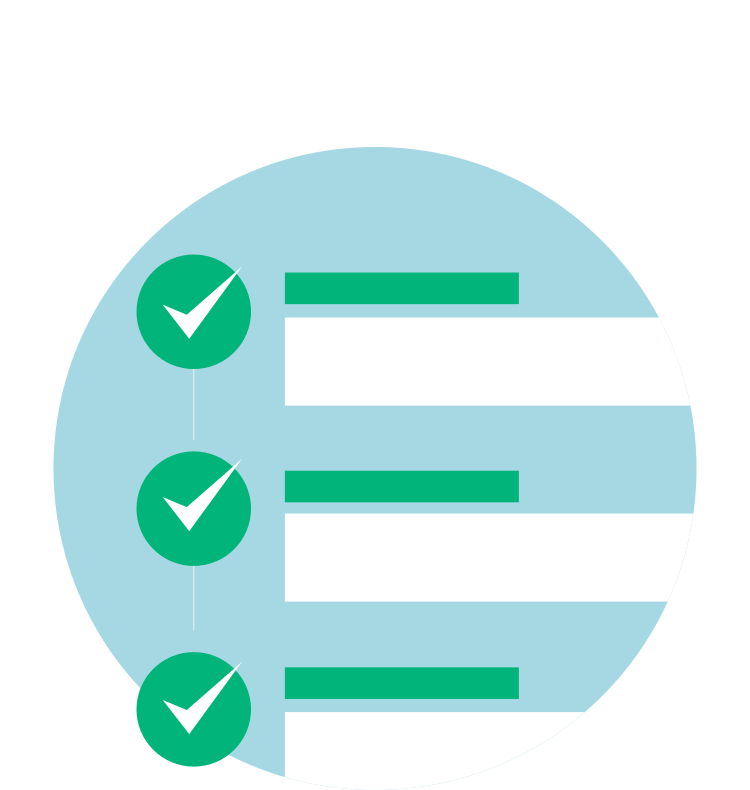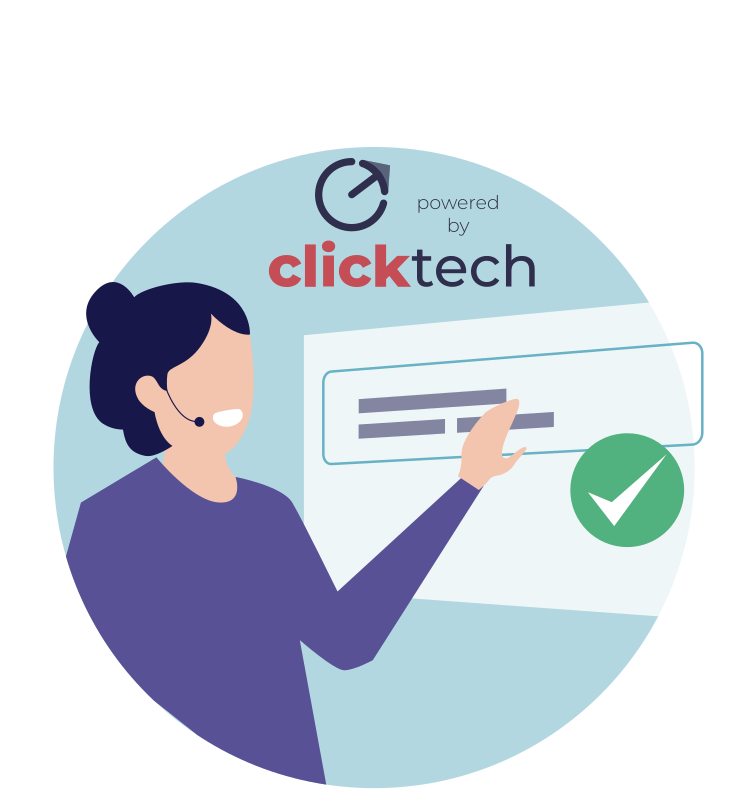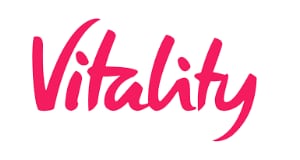Income Protection Insurance: Is It The Right Decision?
In an ideal world, we’d all have stability – but there are no guarantees. If you or a partner loses their job, you’ll have to find a replacement income until you can seek alternative employment.
An income protection insurance policy can provide a regular income until you find a new job or retire. These policies can be lifelines when accidents and sicknesses occur, but there are things to consider before deciding to take one out.
So let’s find out exactly what you’re getting into before taking out income protection insurance.


How does income protection insurance work?
Income protection differs from critical illness insurance because the policy offers regular instalments instead of a one-off payment. It also helps you pay essential expenses, such as your monthly mortgage repayments, school fees, household bills, etc.
People often benefit from income protection because there’s more stability, but it’s essential to understand how it works.
With this type of insurance, you get the following:
- Financial support even if you don’t find another job. The policy will continue paying money until you reach retirement age or find a new employer.
- Depending on the policy, around 50% to 65% of your regular income. It doesn’t cover everything, but it will make a big difference.
- Cover for various illnesses, but the amount depends on the situation. Also, some illnesses aren’t covered.
- The ability to make multiple claims throughout the life of your policy.
The benefits of income protection cover
Some believe these insurance policies are nothing more than safety nets they’ll never use. However, unemployment, illness or injury could happen at any time.
To understand why income protection insurance is one of the most beneficial investments you can make, we need to look at the benefits.

Cover your mortgage payments
Income protection pay can cover your mortgage and help you avoid repossession during uncertain circumstances. Some lenders might even offer a better deal if you have insurance because there’s more security.
Some lenders will support you in difficult financial circumstances, but ultimately, they want to recover the borrowed amount, and an income protection policy can subsidise any lost monthly income.
Give you peace of mind
The great thing about income protection insurance is that it relieves any worries. Imagine finding out you’ve lost your job or can’t return to work due to illness or injury, and you’ll understand why getting cover is a good idea.
Financial stress can quickly lead to depression, but you can relax as income protection payments cover your essential outgoings.
Make up your lost earnings
Many people have to turn to Statutory Sick Pay and other benefits when they’re out of work. However, your benefit amount will rarely cover your expenses while in employment, which can lead to financial hardship.
According to Gov.UK, the average Universal Credit payment for adults over 25 is £368.74. Adults who cannot return to work or have limited capacity for work get additional payments, but they’re not much.
When you buy income protection insurance, you give yourself some extra breathing space and won’t have to worry about your finances so much.

Do I really need income protection insurance?
It completely depends on your unique circumstances and financial commitments. Employers give their employees some financial support when they cannot work, but you’ll move onto SSP after six months, which usually offers a fraction of your regular income.
Self-employed people can be at risk, too, because they often only have their savings to fall back on, which can quickly deplete when using them to cover their outgoings.
If you have regular monthly payments, consider getting insurance because it gives you some much-needed financial support and can prevent you from getting into debt.
When is income insurance unnecessary?
In some cases income protection insurance might not be suitable for you. However, it depends on your circumstances and whether you can get by monthly without extra financial support.
If you:
- Don’t have a mortgage to pay.
- Won’t be off work for a long time and have support from your employer.
- Government benefits can cover your outgoings.
- You have a partner who can cover all necessary expenses.
- Can take early retirement.
Income protection insurance isn’t always the best solution, so consider your financial situation.
How much do income protection policies cost?
When it comes to income protection coverage, there’s no set monthly amount because it depends on numerous factors. Your chosen insurer will look at the following:
-
Your age: Age determines how much you’ll pay because older people are more at risk of illnesses.
-
Whether you smoke or recently quit: Smoking is known to cause serious health problems, putting you at risk of needing to leave work.
-
Your occupation: People in high-risk industries usually pay more for their policies.
-
How much you’d like your insurance policy to cover: There are different levels of coverage, and if you want the best, you’ll pay more in terms of monthly premiums.
-
Your medical history: Insurers will also examine your personal and family medical history when deciding. This is because you could be at risk of certain illnesses.
The type of policy you choose will also be a significant factor, as there are different levels of coverage:
Standard Premiums: These premiums are less expensive because they’re subject to change over time based on various factors, such as the insurance provider’s overall claims experience, market conditions, and the insured individual’s personal circumstances.
Guaranteed Premiums: On the other hand, guaranteed premiums remain fixed and do not change throughout the policy. This means you’ll pay fixed monthly premiums, which offers more stability – but the costs are higher.

How to find the right income protection insurance provider
Finding an insurance company can seem daunting, but as long as you take the time to compare income protection insurance providers, you’ll get the best possible deal for your needs.
Here are the most important things to consider before making a final decision.

Assess your needs
Your needs might differ from someone else’s, so weighing up what each provider offers is essential. For example, you might not need the same cover as a single person if you have a partner.
Some providers have short waiting periods of around four weeks, while others will make you wait a year. However, deciding to wait often means your monthly premium will be lower.
Research reputable providers
Look for reputable insurance providers with a strong track record in the industry. Seek recommendations from friends, family, or financial advisors who have experience with income protection insurance.
You can also do online research to look at well-established insurance companies offering reliable income protection policies.
Compare policies
Once you’ve identified a list of potential providers, compare their policies regarding coverage, exclusions, waiting periods, benefit periods, and any additional features or riders they offer.
Pay attention to policy details, such as whether they provide coverage for specific medical conditions or offer optional benefits like rehabilitation or partial disability cover.
There’s no one size fits all insurance policy, so choose the one that’s best for your needs.
Consider customer reviews and ratings
Check customer reviews and ratings for the shortlisted insurance providers. This can give you insights into the experiences of policyholders, their satisfaction with the claims process, and the overall customer service provided by the company. Look for reviews on trusted review platforms or consult industry resources to gather information about the reputation of the insurance providers.
Seek professional advice
It’s often beneficial to consult a licensed insurance advisor or an independent financial adviser specialising in income protection insurance.
They can provide personalised guidance based on your specific circumstances, help you understand the nuances of different policies, and assist in making an informed decision.
Obtain quotes
Request quotes from multiple providers for the income protection policy that meets your requirements.
Compare the premium costs, terms and conditions, exclusions or limitations, and the overall value for money the policy offers.
Review the policy terms
Before making a final decision, carefully review the terms and conditions of the policy. Pay attention to any exclusions, waiting periods, benefit calculation methods, and other vital details.
A clear understanding of your obligations will ensure you claim the money you deserve.
Need some help choosing a mortgage provider? Contact Believe Loans today
As income protection insurance pay protects you financially, it’s a great idea when you’re looking for a new mortgage or to switch from your current provider.
At Believe Money, we go out of our way to find clients the best possible mortgage and loan agreements for their needs.
Whether you’re on a low income, have a bad credit rating or anything else, our dedicated brokers can help.
Contact us today for a free zero-obligation consultation, and we’ll get the ball rolling on your application.
Income protection insurance FAQs
What's the difference between income protection and payment protection insurance?
PPI is usually offered as an add-on to loans or credit agreements but doesn’t cover other payments. Income protection insurance coverage is the better solution because it doesn’t just provide short-term income protection.
Does Income Protection cover voluntary redundancy?
What If I change my mind?
How It works

Step 1.
Simple, easy application

Step 2.
We search a panel of the UK’s leading insurance providers to find the right policy for you

Step 3.
Our bespoke technology and skilled advisors support you all the way
We compare insurance from our panel of the UK’s top providers to get you the right policy.
BELIEVE
Mon – Thursday 9am – 7:00pm
Friday 9am – 3pm
Call from a mobile or Landline:










